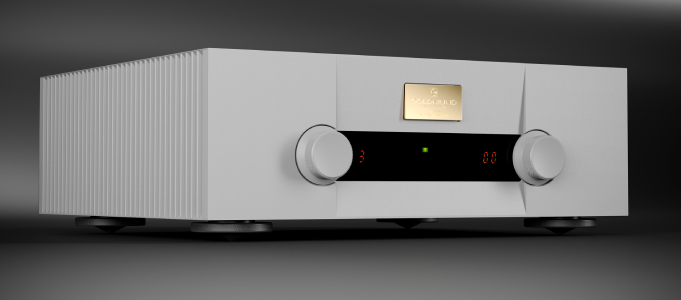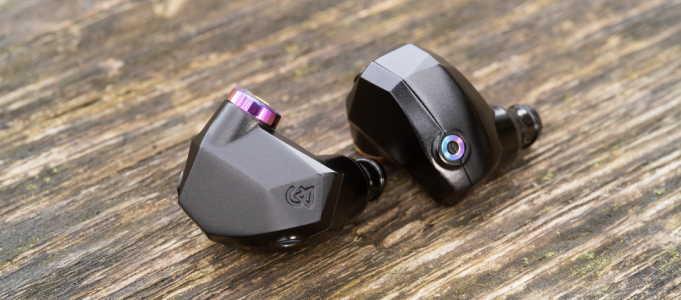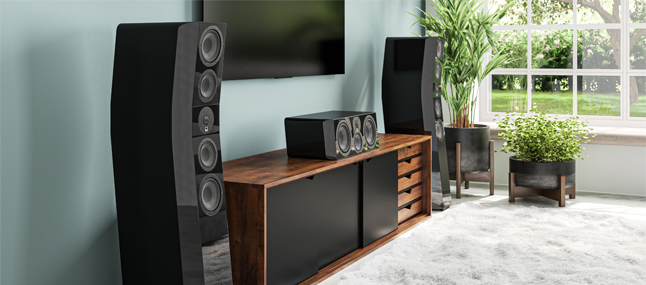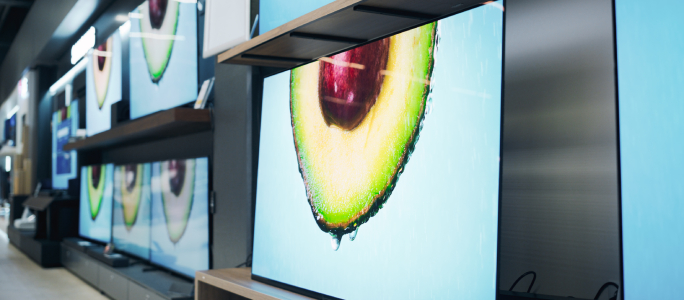REVIEW: LEEMA ACOUSTICS PULSE IV INTEGRATED AMPLIFIER

 The Pulse IV integrated amplifier from Leema Acoustics boasts a plethora of inputs and the ability to accommodate analogue players as well as the latest in digital audio. We have spent a few weeks with it as the centre of our system, read on to find out what we thought.
The Pulse IV integrated amplifier from Leema Acoustics boasts a plethora of inputs and the ability to accommodate analogue players as well as the latest in digital audio. We have spent a few weeks with it as the centre of our system, read on to find out what we thought.
Leema Acoustics
Pulse IV
Integrated amplifier
£2295
For those of you who are unaware of Leema Acoustic's lineage, the British company was founded in 1998 by a pair of ex-BBC engineers, Lee Taylor and Mallory Nicholls, hence Lee-Ma from the duo's first names. Their first project was a professional micro motor which became the Leema Xen.
With growing interest from the domestic market for the Xen speaker, Mallory and Lee then turned their attention to electronic components. This endeavour brought about their first integrated amplifier, the Tucana, which is now part of the Constellation line-up and hit the shelves in 2006.
Since then the company's portfolio of class-leading products now includes an extensive array of amplifiers, CD players, music servers, phono stages and DACs. It is from the Welsh-based audio experts' Stellar range that we turn our attention to here and the Pulse IV amplifier.
Leema Acoustics Pulse IV Review

The Leema Acoustics Pulse IV integrated amplifier is one of those units that looks to be trying to please everyone all the time but does it manage it? With circuitry from the company’s standalone Elements phono stage, a Sabre DAC and even Bluetooth aptX for wireless streaming, it does look like it should.
What we have here is a standard-width (435mm) hi-fi component that tips the scales at 11kg. While it might not be as visually striking as some other offerings from the Welsh wonders, it's not to say that the Pulse IV isn't attractive. Check out the beautiful aluminium fascia; you can have that in either black or silver - our loaner is silver. Aside from a brace of large dials, a 3.5mm headphone input and infra-red sensor, there is a blue-lit LCD screen that displays text large enough to read from across the room, beneath which you will find a stamped Leema logo.
Those knobs are multi-taskers. The left one handles volume and menu duties, whereas the other does the business for input and power. Turn them for volume and input selection and push them in to access menu and power on/off options.
If you have tinkered with the company’s flagship Tucana II Anniversary amp, then you will know how these dials feel. A bit too much of a light touch for me but they are robust and precise nonetheless.
Where the Leema Acoustics Pulse IV is business at the front, the party is definitely around the back.

Here you are presented with a remarkable array of connections, perfect for those who have amassed an impressive amount of hi-fi separates. Starting the list with five RCA analogue pairs, you then have three optical inputs, three coaxial digital ins, one phono (turntable) set and a USB XMOS Type-B.
Outputs are catered for by way of two RCA preamp outs, a fixed-level RCA record out, and 4mm banana plug terminals with binding posts.
Additionally, there is an aerial port to attach the antenna to for Bluetooth reception. Power is supplied through a standard socket so you could bring in to play any after-market power lead should you want to.
It is worth noting that that phono stage is not just a box ticking exercise by Leema. Open the hood, and you'll find the circuitry from the brand's Elements phono preamp which stands at £600 on its own. Furthermore, this means that the Pulse IV can handle both MC and MM cartridges.
The Pulse IV's seven digital inputs all travel through a 32-bit/384kHz-DSD capable Sabre DAC before anything is sent to your ears.
To say that this integrated amplifier can become your hi-fi hub seems to be almost an understatement. However, it just falls short of true hub status in my mind due to its lack of network streaming, either via Wi-Fi or Ethernet. If this is an issue, however, Leema has recently announced the very neat-looking Elements Streamer.
Also, there are no balanced (XLR) ports here. I don't see either this fact nor the lack of streaming smarts as deal-breaking ommissions but, what with its myriad connectivity options, it just seems to be a bit of a shame. Then again, what is it they say about pleasing everyone all the time?
Leema Acoustics Pulse IV Sound Quality
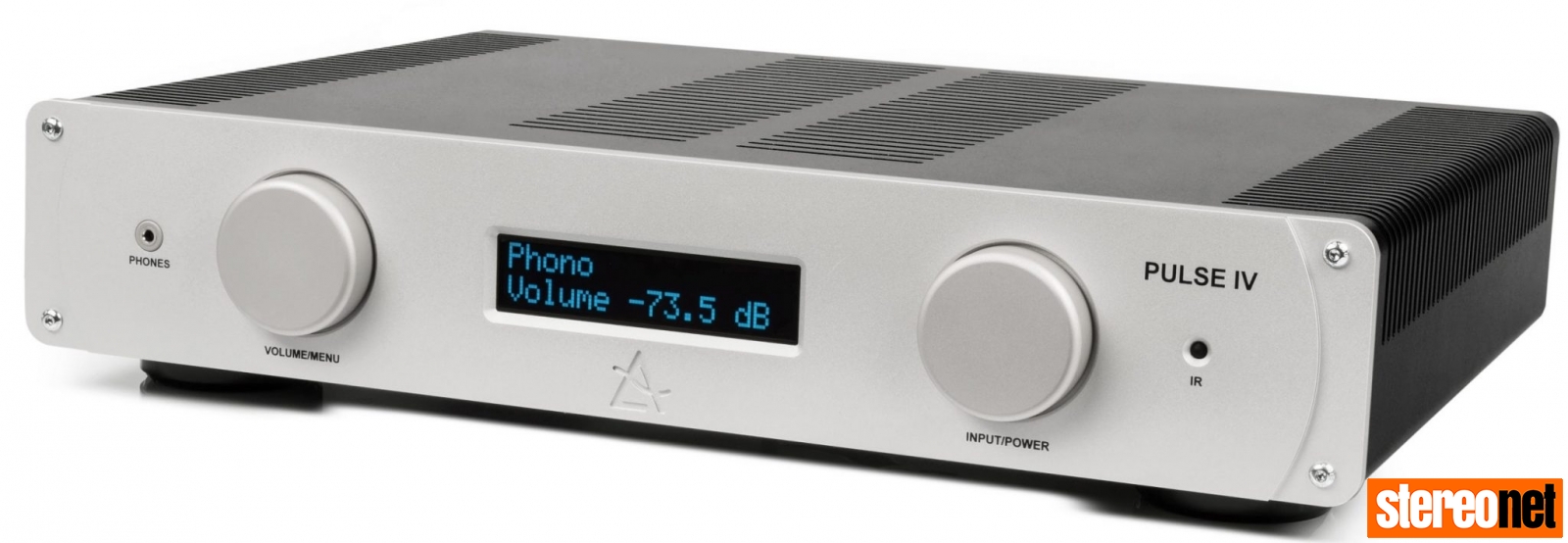
I tested the Pulse IV's 80W RMS (8 Ohms) through a variety of speakers, while sources included a VPI Prime turntable with Cartridge Man Music Maker III cartridge, an Oppo UDP-205 and Pioneer UDP-LX500 (review on its way) to spin silver discs and slurp up networked goodness, and finally my Huawei Mate 20 Pro for some Bluetooth action.
As soon as I pressed play on the Oppo loaded with a Duran Duran CD (judge me!), I could tell that this hunk of hand-crafted hi-fi from Welshpool was going to please.
Even though the distinctly 80s production of 'Girls on Film' brings its own challenges, it was a good place to start as the Pulse IV treated the track favourably rather than making it as dated as Le Bon & Co's fashion choices shown on the sleeve.
Bringing it a bit more up-to-date was 'Ain't About to Stop' by Prince featuring Rita Ora coming off my NAS. Turning up the volume dial for the bass solo (2:33) the Leema managed to present the slap funk naturally even though it was surrounded by synths.
The Robert Glasper Experiment with Jill Scott performing 'Calls' wrapped me in gloriously full-bodied modern jazz. Trebles are slightly smoothed but do not lack bite, and the bass end is on the right side of warm.
Before handing over to the VPI Prime, I selected Eivør's 'Trøllabundin'. I'm glad I did as the atmospheric Faroese stylings really displayed the amp's incredible soundstage presentation. Furthermore, it was here where I was able to discern just how transparent the Pulse IV is.
Turning to a favourite of mine and Portishead's Roseland NYC Live double album and the phono stage proved to be no slouch. In fact, it appeared to offer more treble extension and slightly better handling of the mids than the DAC.
Dropping the needle on Exciter, Depeche Mode's 'Dead of Night' crashed through next and the Pulse IV showed great separation, punch and ability.
'Trip Trap' from Marcus Miller was then squirted over to the Leema wirelessly from my Mate 20 Pro. It might be standard aptX rather than the HD flavour, but the Powys powerhouse still dished out luscious bass and crisp highs enough for me to sit there pulling all manner of 'bass face'.
All the way through, the Leema Pulse IV was able to keep up rhythmically; no matter whether dealing with breakbeats, funk or punk it did so with equal conviction.
Leema Pulse IV review conclusion
 At a shade over £2,000 the Leema Pulse IV certainly has a lot going for it. Firstly its hand-crafted build quality is faultless. Then you have its dazzling array of inputs, both analogue and digital. The DAC is impressive, and Bluetooth is a handy inclusion for those who need it. However, for me, the star of this show is the phono stage.
At a shade over £2,000 the Leema Pulse IV certainly has a lot going for it. Firstly its hand-crafted build quality is faultless. Then you have its dazzling array of inputs, both analogue and digital. The DAC is impressive, and Bluetooth is a handy inclusion for those who need it. However, for me, the star of this show is the phono stage.
The Leema Pulse IV is a really great all-rounder (I even gave my aged TEAC cassette player a spin). Thanks to a solid performance in every arena and a sterling phono stage at an extremely reasonable asking price, I find myself granting it worthy of a StereoNET Applause Award.
For more information, go to Leema Acoustics.
- Mian Audio Distribution
.jpg)
Distributor
Jay Garrett
StereoNET UK’s Editor, bass player, and resident rock star! Jay’s passion for gadgets and Hi-Fi is second only to being a touring musician.
Posted in:Hi-Fi Amplifiers Integrated Amplifiers Applause Awards 2018
Tags: leema mian audio mian
JOIN IN THE DISCUSSION
Want to share your opinion or get advice from other enthusiasts? Then head into the Message Forums where thousands of other enthusiasts are communicating on a daily basis.
CLICK HERE FOR FREE MEMBERSHIP






